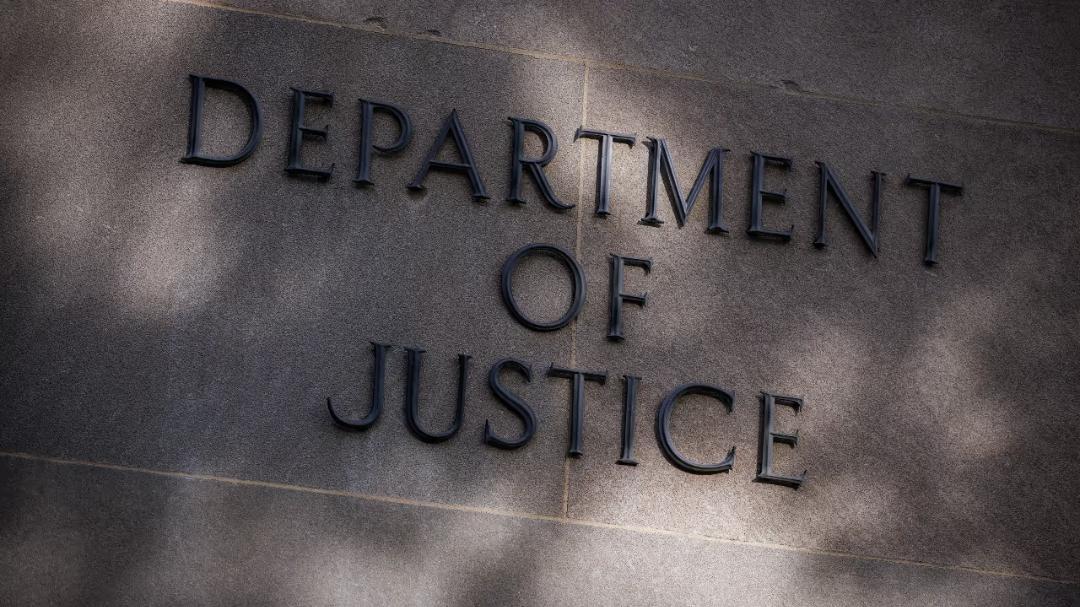
Indian Student Sentenced to 97 Months for Multi-Million Dollar Fraud in Texas
In a shocking turn of events, a 21-year-old Indian student, Dhruv Rajeshbhai Mangukiya, has been sentenced to 97 months in a US federal prison for his involvement in a multi-million dollar money-laundering scam that targeted elderly victims in Texas. The scam, which was carried out in collaboration with co-conspirator Kishan Rajeshkumar Patel, involved posing as officials to steal cash, gold, and other valuables from unsuspecting victims.
According to reports, Mangukiya and Patel would contact their victims, often elderly individuals, and claim to be representatives of government agencies or law enforcement. They would then convince their victims to send them money or valuables, claiming that these items were needed for investigation or safekeeping purposes. Once the victims had handed over their valuables, the duo would disappear, leaving their victims with significant financial losses.
The scam, which was operated from the United States, is believed to have netted Mangukiya and Patel over $2.5 million. This amount is staggering, considering the fact that the victims were often elderly individuals who had worked hard to save their money and valuables over the years. The emotional toll of such a scam on the victims and their families cannot be overstated, and it is a testament to the cruel and heartless nature of the individuals involved.
Mangukiya’s sentence of 97 months in prison is a significant one, and it reflects the severity of the crimes he committed. In addition to his prison sentence, Mangukiya has also been ordered to pay over $2.5 million in restitution to his victims. This amount will go some way in compensating the victims for their losses, although it is unlikely to fully restore the financial security and peace of mind that they once had.
The case highlights the importance of vigilance and caution when dealing with unsolicited phone calls or messages, particularly those that involve requests for money or valuables. It is essential for individuals, especially the elderly, to be aware of the tactics used by scammers and to take steps to protect themselves. This includes verifying the identity of the person contacting them, being cautious of requests for sensitive information or money, and reporting any suspicious activity to the authorities.
The investigation and prosecution of Mangukiya and Patel were carried out by US federal authorities, who worked tirelessly to bring the perpetrators to justice. The case is a testament to the commitment of law enforcement agencies to protecting the public and combating financial crimes.
In recent years, there has been a significant increase in the number of money-laundering scams and other financial crimes targeting elderly individuals. These scams often involve sophisticated tactics and technology, making it difficult for victims to detect and report them. However, by raising awareness and educating the public about the risks and consequences of these scams, we can work towards preventing them and protecting vulnerable members of our society.
The sentencing of Mangukiya and the restitution order are significant steps towards justice for the victims of this scam. However, it is essential to recognize that the impact of such crimes goes beyond the financial losses suffered by the victims. The emotional trauma and stress caused by these scams can have long-lasting effects on the victims and their families, and it is crucial that we provide support and resources to help them recover and rebuild their lives.
In conclusion, the case of Dhruv Rajeshbhai Mangukiya serves as a reminder of the importance of vigilance and caution in protecting ourselves and our loved ones from financial scams and crimes. It highlights the need for awareness and education about the tactics used by scammers and the importance of reporting suspicious activity to the authorities. By working together, we can combat financial crimes and create a safer and more secure environment for everyone.





